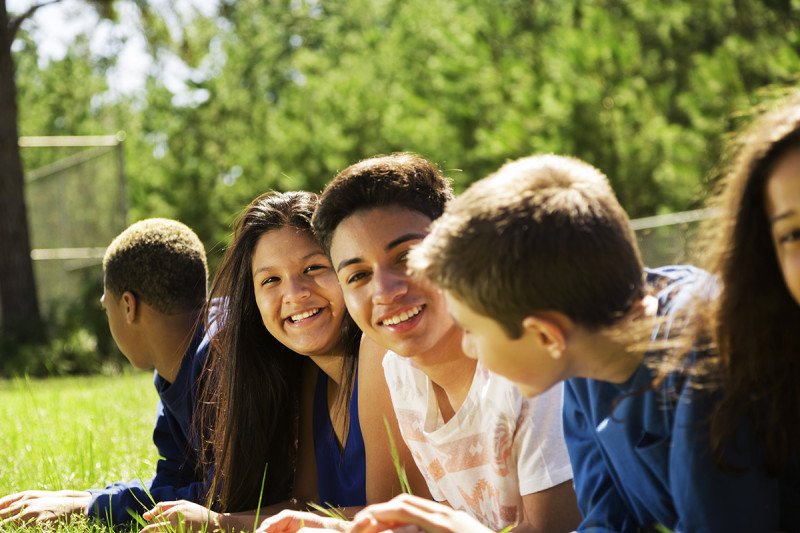
The Centers for Disease Control recommends that both girls and boys receive the HPV vaccine before age 13.
Update: On October 5, 2018, the US Food and Drug Administration announced that it had expanded the approved use of the Gardasil 9 vaccine to include women and men aged 27 through 45 years. “Today’s approval represents an important opportunity to help prevent HPV-related diseases and cancers in a broader age range,” said Peter Marks, director of the FDA’s Center for Biologics Evaluation and Research, when making the announcement.
Original post: You can’t protect your kids from all the risks they’ll face as teenagers and young adults — but you can protect them from certain kinds of cancer. In January 2016, MSK joined forces with 68 other leading cancer centers to educate the public about the importance of having children vaccinated against the human papillomavirus (HPV). Read the full statement.
The vaccine doesn’t just prevent HPV infection; it also protects against a growing list of cancers known to develop as a result of HPV infection.
Here’s what you need to know about the HPV vaccine’s safety, administration, and effectiveness.
Is the HPV vaccine safe? Are there side effects?
The United States currently has the safest, most effective vaccine supply in history. All three HPV vaccines have been tested in hundreds of thousands of people without any serious side effects. Your child may have a sore arm from the shot, a fever, or a headache; feel tired or nauseous; or experience muscle or joint pain.
When should my child get vaccinated?
The Centers for Disease Control and Prevention (CDC) advises that both boys and girls receive the vaccine at age 11 or 12 because it’s more effective before they become sexually active and are exposed to HPV. However, it is also recommended for young women until age 26 and young men until age 21 if they haven’t already received it. If your teen hasn’t gotten the vaccine yet, talk to their doctor or nurse about getting it for them as soon as possible.
How is the vaccine given?
HPV vaccination is a series of shots given over several months. All kids who are 11 or 12 years old should get two shots of HPV vaccine six to twelve months apart. Although the CDC recommends starting vaccination at ages 11 or 12, adolescents ages 13-14 are also able to receive HPV vaccination on the two-dose schedule. Those who receive their two shots less than five months apart will require a third dose of HPV vaccine.
For anyone 15 or older, three shots will need to be given over 6 months. Also, three doses are still recommended for people with certain immunocompromising conditions aged 9 through 26 years.
It is very important to receive the entire series of shots to maximize effectiveness.
What are the benefits of the vaccine?
Nearly 80 million Americans — about one in four — are currently infected with HPV. Extensive scientific research has shown that HPV causes a number of cancers that can be prevented in people who receive the HPV vaccine as children. Among these are cervical, vaginal, and vulvar cancers in women; penile cancer in men; and, in both men and women, anal cancer and cancer of the oropharynx (the middle part of the throat, at the rear of the mouth, including the back of the tongue and the tonsils).
There are currently three HPV vaccines: Gardasil, Gardasil 9, and Cervarix. Ask your family’s pediatrician which vaccine is best for your child.


